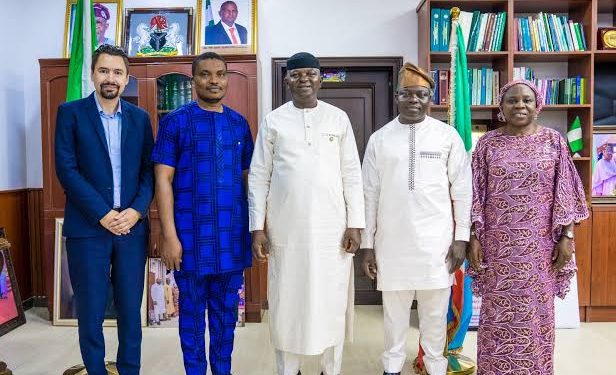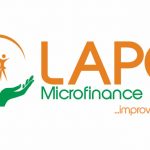The Minister of Water Resources and Sanitation, Prof. Joseph Utsev, has called on the World Bank to increase its support for Nigeria’s ongoing efforts to upgrade existing dams and develop new irrigation systems. Speaking during a meeting with a World Bank delegation led by Senior Water Resources Management Specialist Mr. Chinedu Umolu in Abuja, Prof. Utsev emphasized that enhanced financial backing is essential to advancing the Federal Government’s goals of achieving food security and expanding hydropower generation.
Prof. Utsev acknowledged the significant role the World Bank has played in Nigeria’s water resources sector through funding transformative projects. However, he stressed that growing demands from the agricultural and energy sectors require additional investment. With President Bola Tinubu’s administration committed to upgrading critical water infrastructure, increased funding is necessary to scale up irrigation farming, boost food production, generate employment, and enhance hydropower supply across the country.
The minister also highlighted strong interest from several states to participate in the upcoming Sustainable Power and Irrigation in Nigeria (SPIN) project, underlining the urgent need for more financial support to enable widespread implementation. He reassured the World Bank of the federal government’s dedication to ensuring a smooth rollout and fostering a long-term partnership for sustainable water resource management.
Mr. Umolu praised the Nigerian government’s proactive leadership and support, noting the successful completion of the Transforming Irrigation Management in Nigeria (TRIMING) project, which is set to conclude in June. He commended the enthusiasm of states eager to join the SPIN project, reflecting the commitment to transforming irrigation and power infrastructure for lasting impact on Nigerian livelihoods.
Building on TRIMING’s achievements, the SPIN project aims to modernize irrigation systems, improve water management, and increase agricultural productivity in key farming regions, reinforcing Nigeria’s drive toward food security and sustainable energy generation. The collaboration between Nigeria and the World Bank marks a critical step in addressing the country’s agricultural and energy challenges through strategic investment and innovation.










